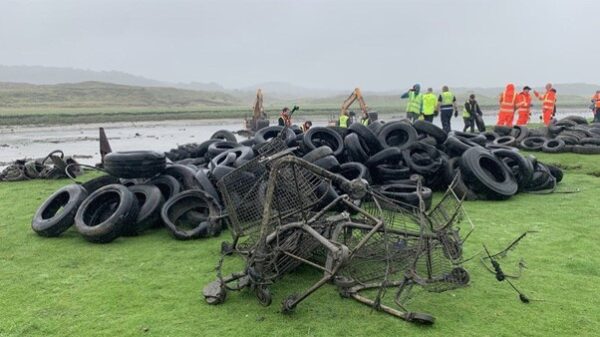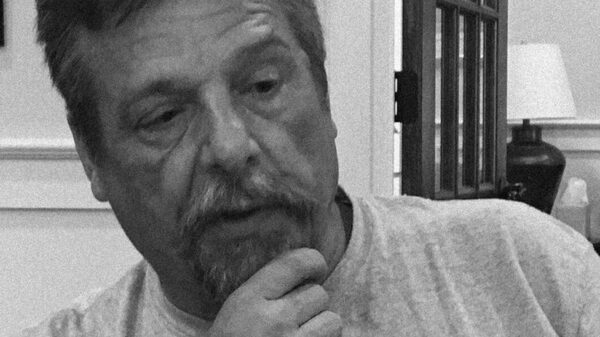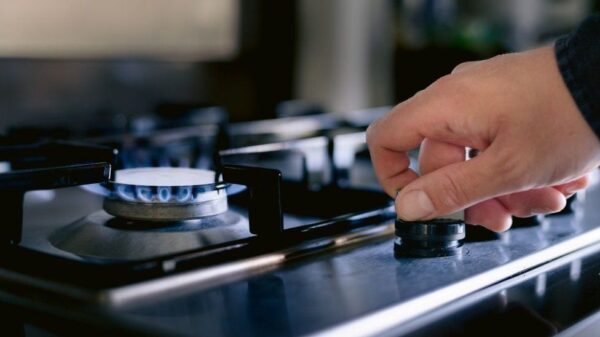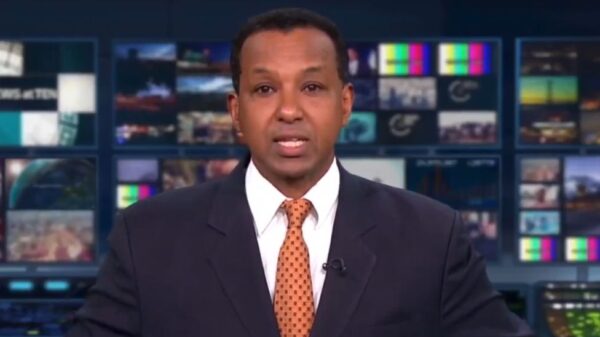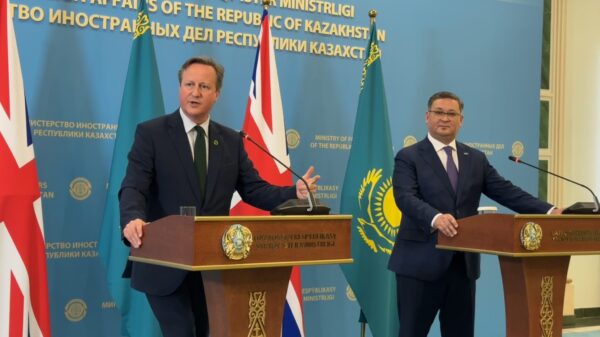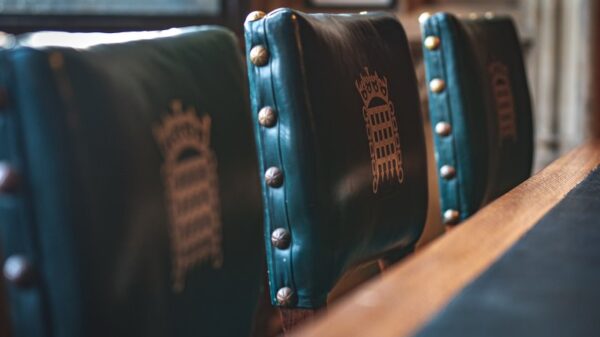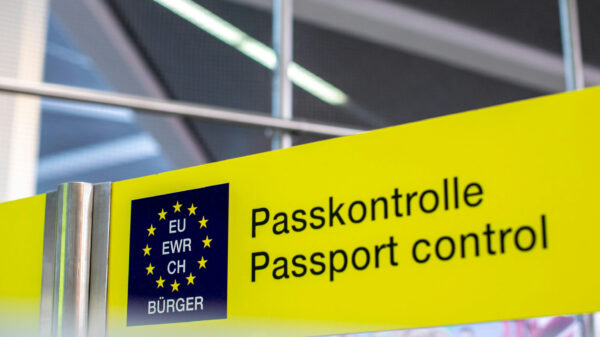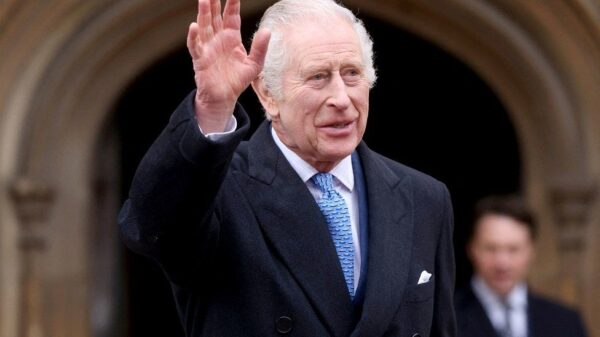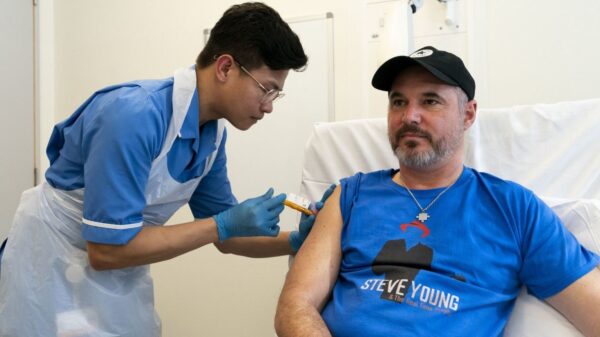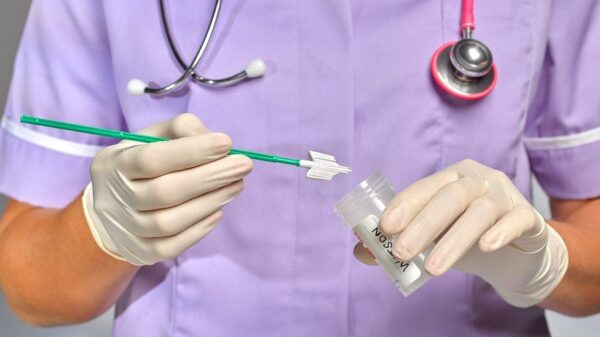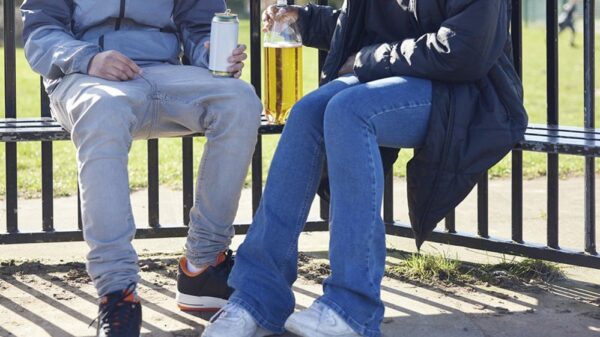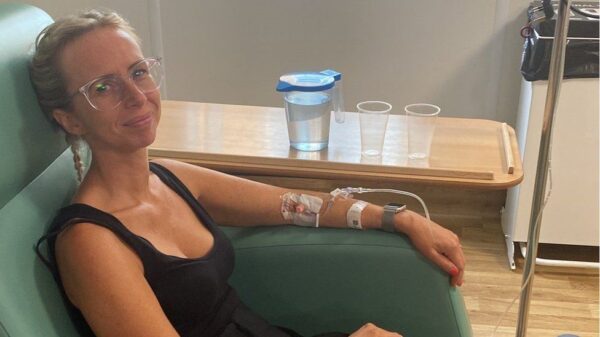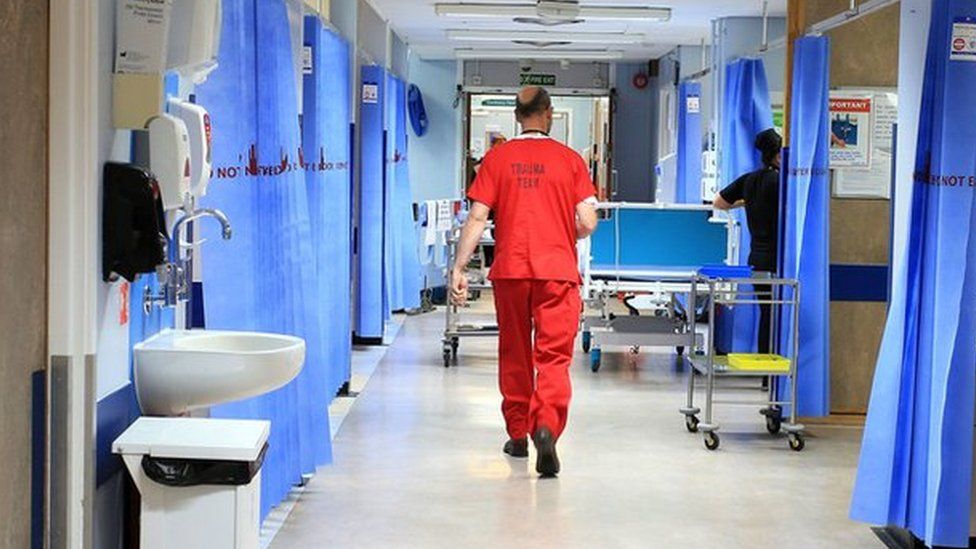-
Published
An NHS watchdog has apologised to 29 doctors at Scotland’s biggest hospital for not fully investigating their concerns about patient safety.
A&E consultants at Glasgow’s Queen Elizabeth University Hospital wrote to Healthcare Improvement Scotland (HIS) to warn patient safety was being “seriously compromised”.
They offered 18 months’ worth of evidence of overcrowding and staff shortages to back their claims.
But HIS did not ask for this evidence.
The watchdog also did not meet any of the 29 doctors – which is almost every consultant in the hospital’s emergency department – to discuss the concerns after it received the letter last year.
Instead, it carried out an investigation where it only spoke to senior executives at NHS Greater Glasgow and Clyde before then closing down the probe.
HIS has now issued a “sincere and unreserved apology” to the consultants and upheld two complaints about the way it handled their whistleblowing letter about patient safety.
One consultant who signed the letter told BBC Scotland: “We’d exhausted all our options and thought HIS was a credible organisation.
“We offered to share evidence of patient harm. We were shocked that they ignored this and didn’t engage with us as the consultant group raising concerns.”
Another consultant added they were “shocked at their negligence”.
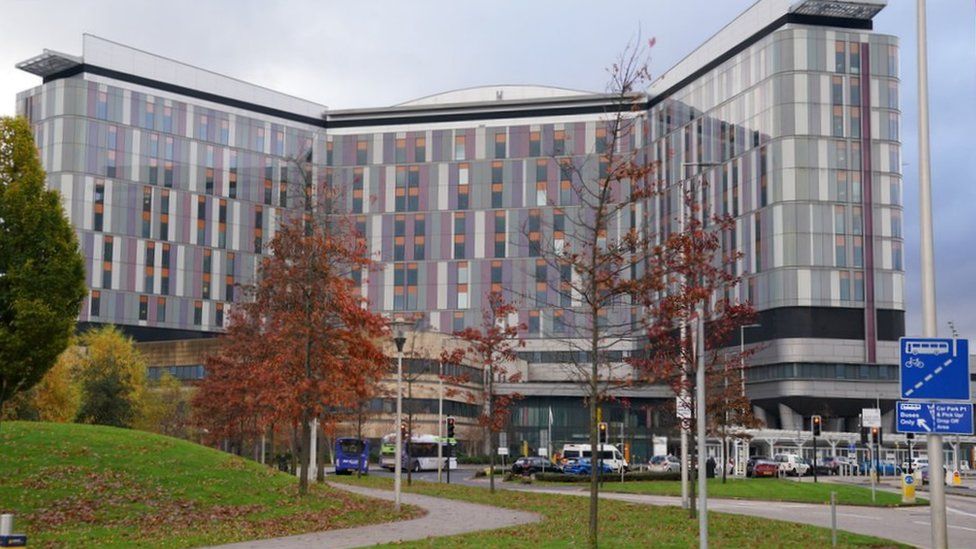
A Queen Elizabeth University Hospital (QEUH) source told BBC Scotland: “The inquiry seems to have started and ended with HIS asking hospital managers if everything was okay and being assured it was.
“If almost 30 named consultants raising very serious fears for patient safety does not prompt a rigorous independent investigation, what will?”.
HIS said it had apologised for the shortcomings in its response and is committed to learn lessons.
NHS Greater Glasgow and Clyde said improving overall patient safety at QEUH was its top priority.
The consultants’ plea
There have been longstanding concerns about patient safety standards in the emergency department at the QEUH.
It is one of the country’s busiest A&Es and has regularly failed to meet Scottish government targets on treating patients within four hours.
In 2022, BBC Scotland revealed how A&E doctors had urged NHS Greater Glasgow and Clyde to declare a major incident at the hospital amidst fears the department would be overwhelmed.
In May last year, 29 consultants in emergency medicine at QEUH wrote to HIS to warn that patient safety was being “seriously compromised” by issues in the A&E such as treatment delays, “inadequate” staffing levels and patients being left unassessed in unsuitable waiting areas.
They claimed this has resulted in “preventable patient harm and sub-standard levels of basic patient care”.
The doctors also said this meant “a number of critical events have occurred including potentially avoidable deaths”.
The medics’ signed off the letter by saying they were getting in touch with HIS as they said repeated efforts to raise the issues with health board bosses “failed to elicit any significant response”.
Complaint closed
In August last year, HIS wrote to NHS Greater Glasgow and Clyde chief executive Jane Grant to tell the board it was closing its investigation into the consultants’ complaint as it was satisfied there was “awareness and oversight of the issues and of the performance of the emergency department”.
The letter lists what the board told HIS it was doing to address the problems but also points out a “great deal remains to be done in order to improve communication and relationships” with staff.
It also reveals some of the internal reviews required to be carried out after significant adverse events in the hospital were “significantly overdue”.
The letter referenced a meeting between HIS officials and Morag Gardner, the board’s deputy nurse director, and Scott Davidson, deputy medical director.
After getting hold of this HIS letter to the health board, the consultants complained to watchdog for failing to meet them or reviewing any of the “extensive documentary evidence” they offered to provide.
In January this year, HIS upheld a complaint that it did not provide any of the 29 doctors with the opportunity to discuss their concerns directly with its officials.
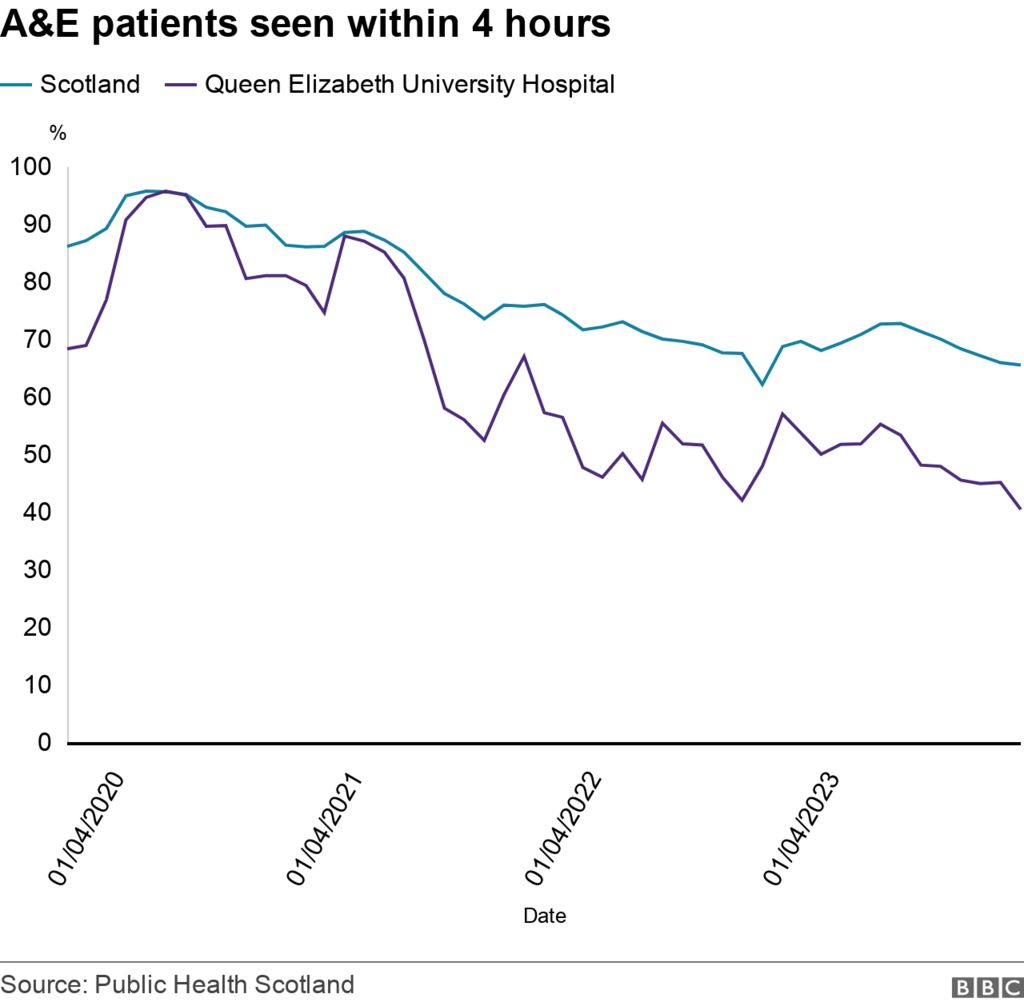
A second complaint, that there was no opportunity to provide evidence to substantiate the consultants’ claims, was also upheld.
In a letter from Robbie Pearson, HIS chief executive, to the consultants, he said: “I would like to offer my sincere, unreserved apology for our shortcomings in this matter and the clear distress they caused you all.
“May I also offer an assurance that HIS will learn lessons and implement changes to published process and their application as a direct result of your complaint”.
Evidence of patient safety concerns offered by the consultants has now been shared with HIS and it is being reviewed with the potential of leading to a new review of the concerns about QEUH’s emergency department being launched.
Dr Lailah Peel, a member of the BMA Scottish Council and an A&E doctor in the west of Scotland, said doctors were increasingly seeing patients come to avoidable harm due to conditions in hospital.
She said: “The fact that consultants have had to go to that level to raise these kinds of concerns – and then they’ve been essentially ignored until this point – is really, really worrying.
“I think what we really need to see now is not just an apology but some actual action that’s going to help these consultants, help the whole department and help patient safety.”
She told the BBC’s Good Morning Scotland programme how hospitals were often working at capacity, which meant A&E departments had to work to a one-in-one-out policy.
The types of concerns raised about the A&E at the QEUH have been mirrored across Scotland in recent years.
In August last year a group of senior doctors accused NHS Grampian of ignoring their safety concerns about emergency departments in Elgin and Aberdeen.
Elsewhere, “serious concerns” were raised about overcrowding at the Royal Infirmary of Edinburgh’s A&E.
Improvement plan
A HIS spokesperson said: “Following our initial response outlining our findings, we received a complaint from the consultants about their experience of the process.
“Our handling of the process did not include adequate engagement with the clinicians raising the concern.
“We have formally acknowledged this, apologised for shortcomings and committed to learn lessons.”
A NHS Greater Glasgow and Clyde spokesperson said: “We are committed to improving the patient experience at the QEUH and have been working with consultants within the Emergency Department (ED) alongside HIS following concerns raised around staffing and capacity levels.
“The ED team are involved in hospital-wide plans to support the department by relieving pressures on the front door and improving overall patient safety which remains our top priority.”
-
-
Published23 August 2023
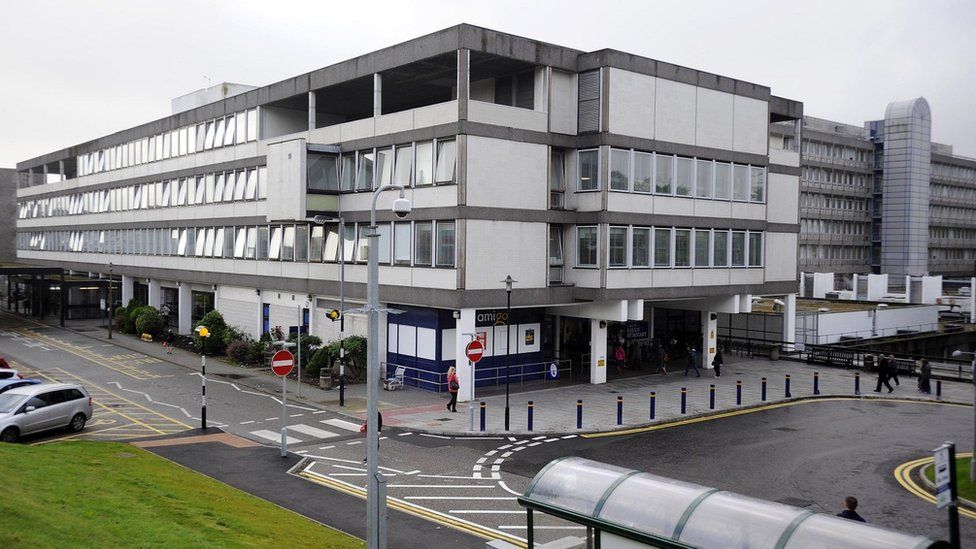
-
-
-
Published18 May 2023
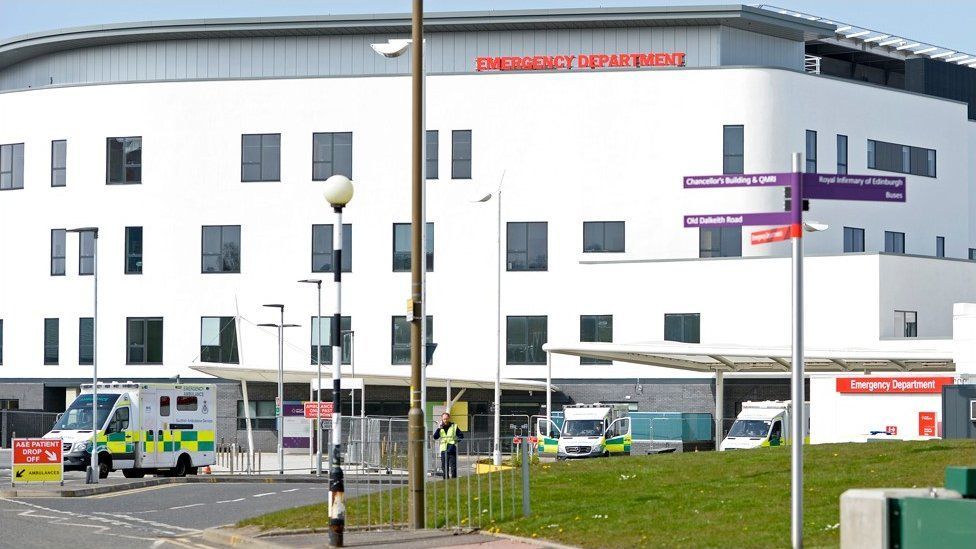
-
-
-
Published30 December 2022
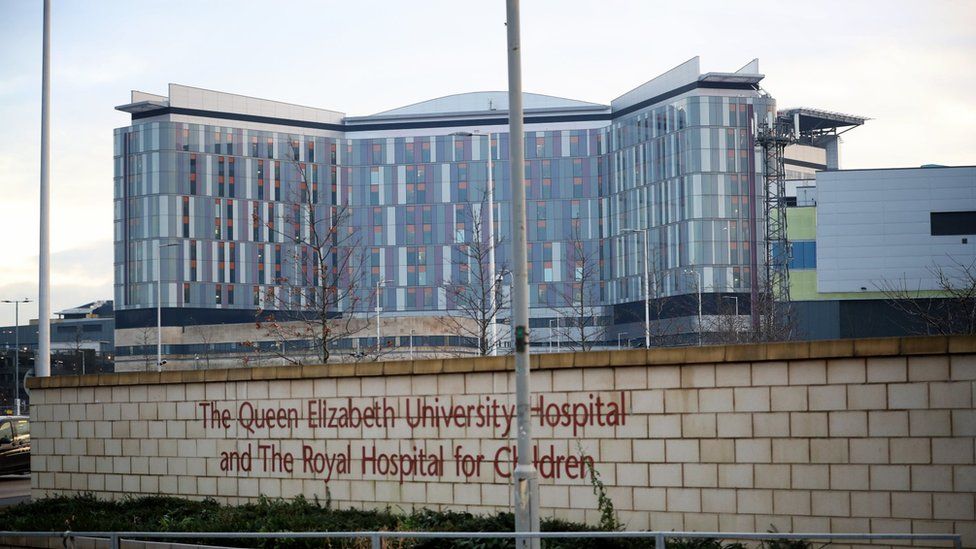
-
-
-
Published1 March
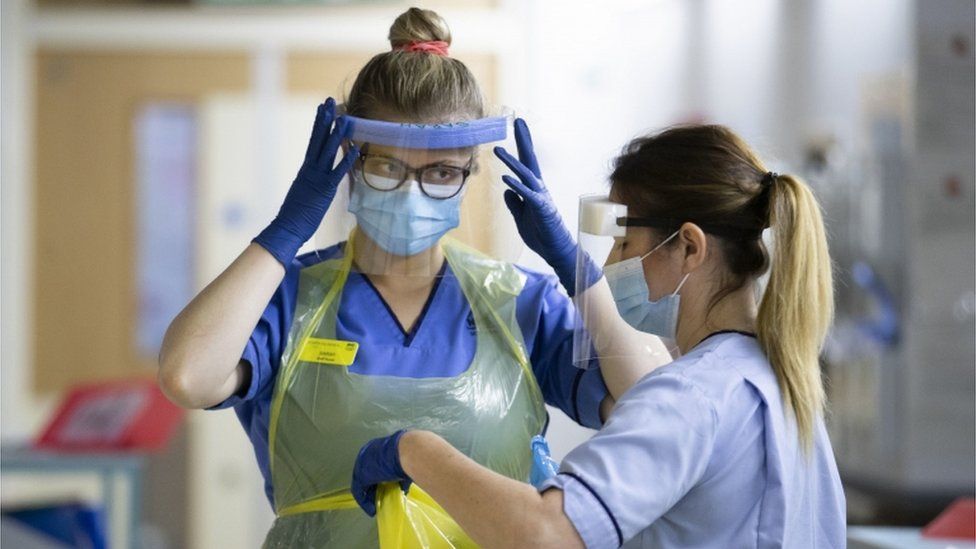
-





